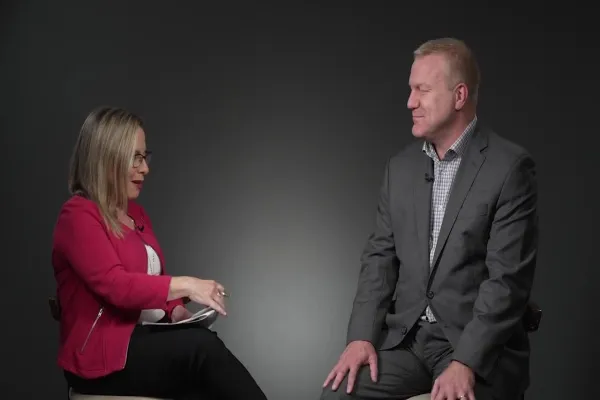As private equity firms and investors descended upon Miami Beach this week for the usual annual conference and meeting circuit, the specter of private market valuations loomed.
Hotly debated among Institutional Investor columnists, the question of whether “to mark or not to mark” spilled over onto the iConnections Global Alts main stage.
“As a pure investor, I shouldn’t care very much about interim valuations,” said Jeremy Heer, incoming University of Illinois Foundation managing director of investment research and engagement, at a Tuesday panel. “I should care about dollars in, dollars out, and when I’m getting those dollars. However, we all work for institutions or clients, and they do care about it.”
Private equity and venture capital firms mark, or assign value to, their portfolios on a quarterly basis. Their limited partners receive that data a few weeks after the quarter ends. Audited on an annual basis, these numbers can be adjusted by managers based on certain metrics.
At present, private investment valuations lag the public markets, although that could soon change as the valuations, audited in December, begin to trickle in.
“As an investor, you should want to get your portfolio marked,” said Kimberly Smith, chief capital formation officer at venture firm Techstars. And outside of annual audits, she added, there are ways to do it.
She noted that Techstars is able to value assets when their portfolio companies raise capital, for instance. But when those companies aren’t raising outside capital, Smith’s team starts asking questions.
“Are they making so much money that they don’t have to raise capital?” she said. “Or are they unable to raise capital? At the end of the day, if you believe in your portfolio, you should take a mark in the book.”
Christine Tsai, her fellow panelist, noted that her team at 500 Global may mark assets up following financing. “Discretionary markups have frequently been used by managers because they had a discussion with an imminent raise,” the CEO and founder said. “For LPs, if they’re okay with it, that’s something to consider.”
Tsai added that for managers, it’s important to be explicit about their valuation policy when it comes to talking to limited partners. LPs often want different standards of communication from managers — and they need to know what to expect.
Christine Kelleher, chief investment officer at the National Gallery of Art, pointed out one bright spot when it comes to slower markdowns: A board and investment committee won’t immediately react to private market losses by offloading managers.
“The lack of volatility helps our committee not make the wrong decision at the wrong time,” she said.







